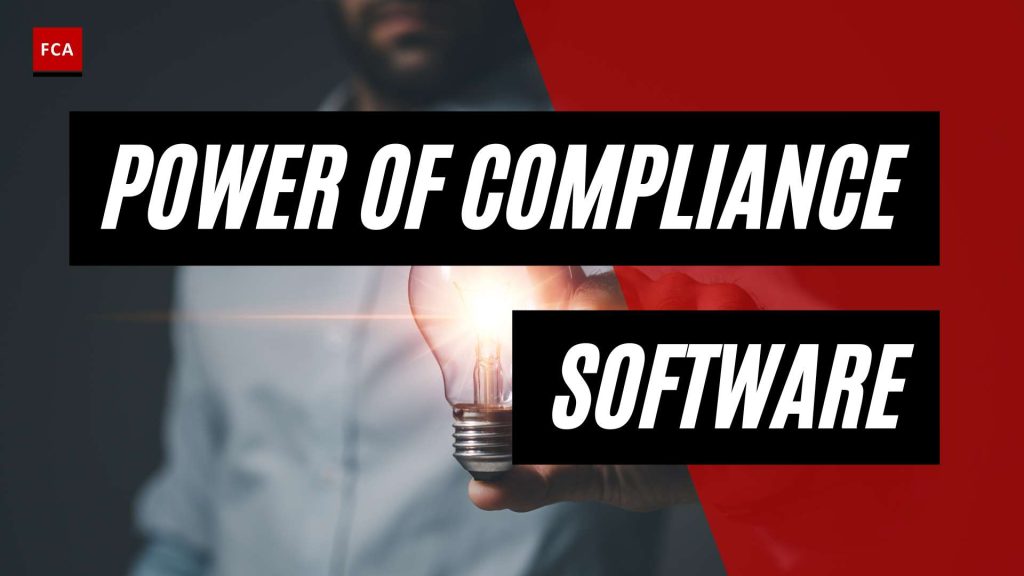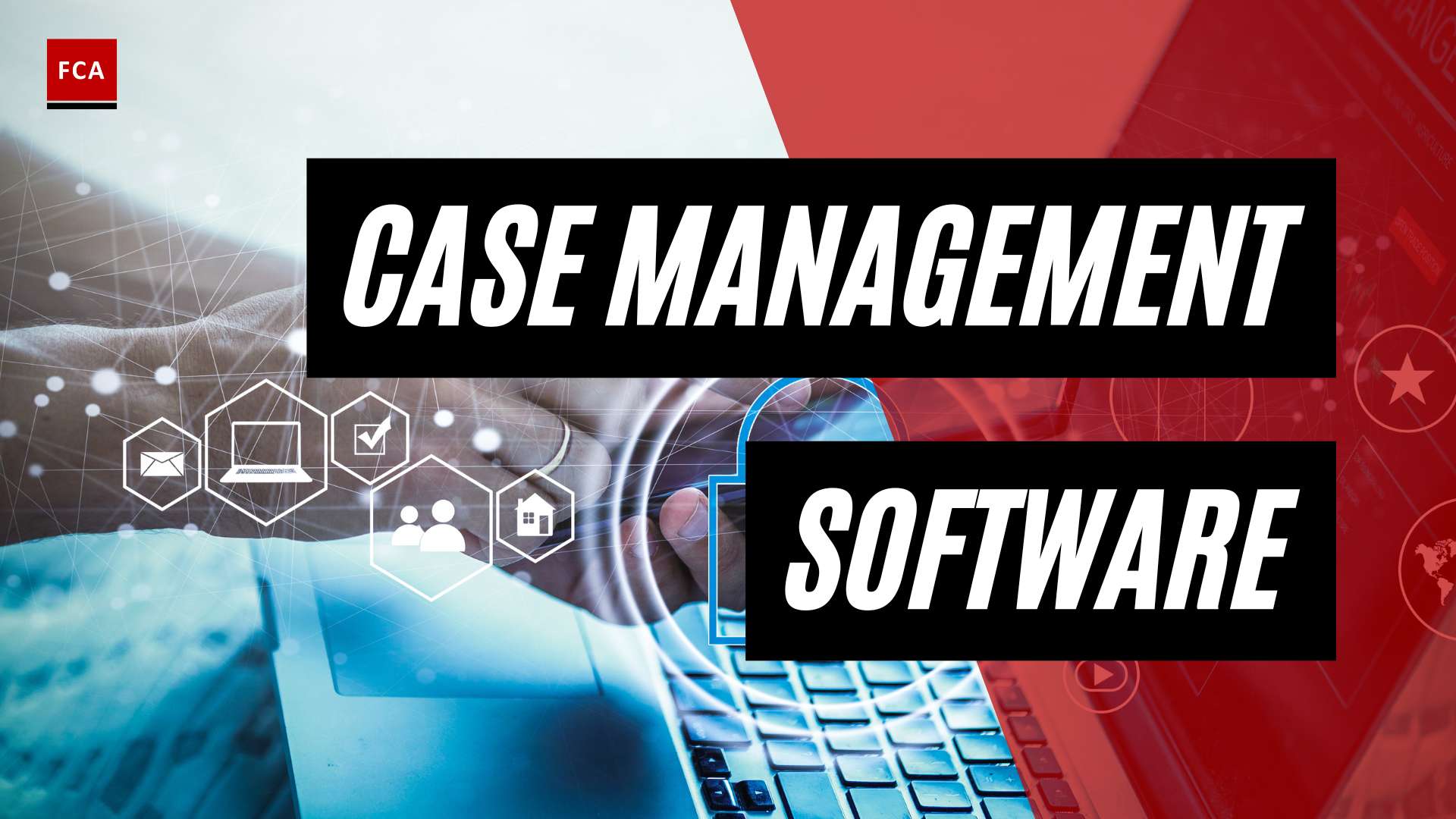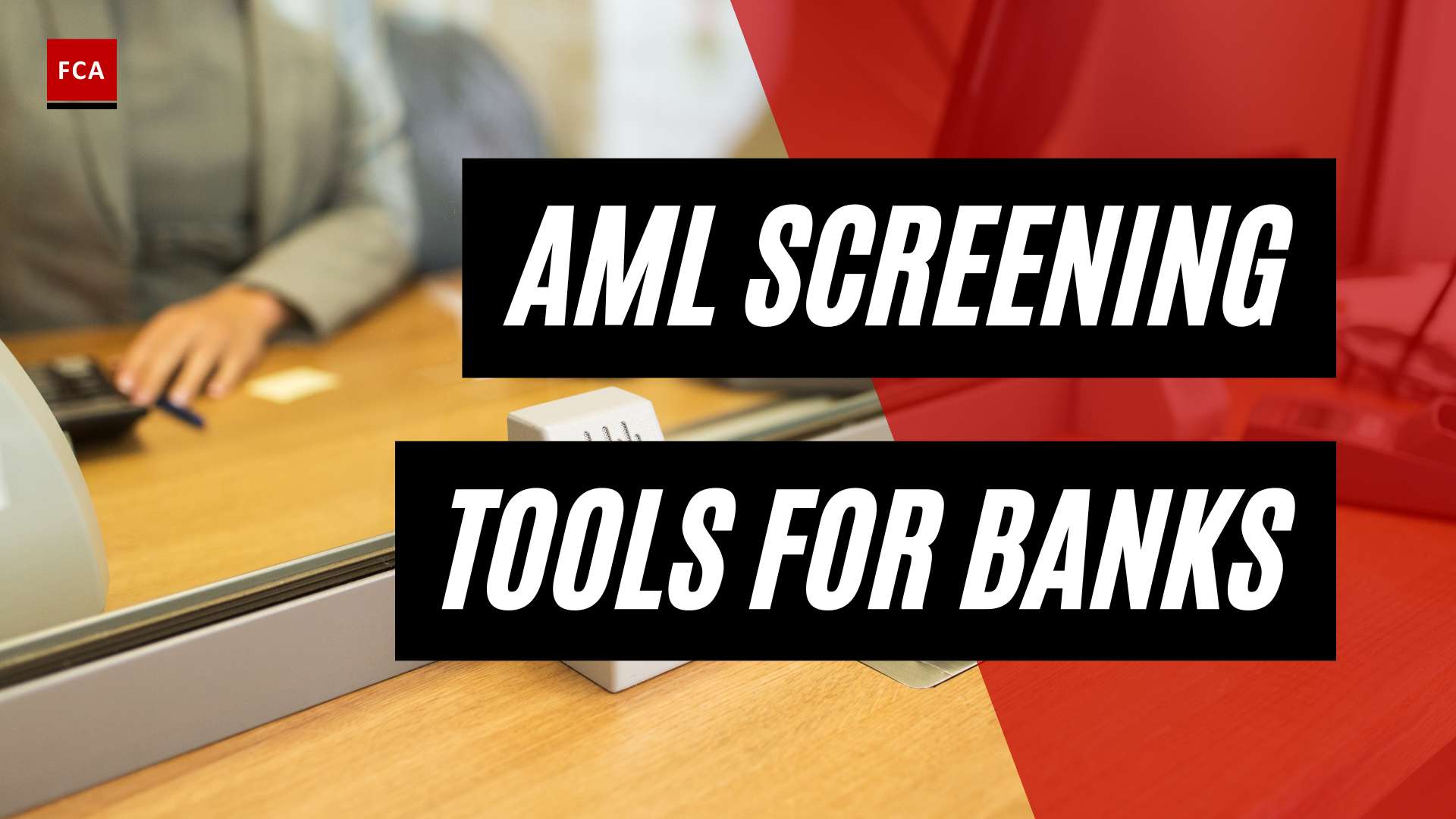Understanding Compliance Management Software
Compliance management software is a powerful tool that helps organizations streamline their compliance processes, manage risks effectively, and ensure adherence to relevant laws and regulations. This software enables companies to organize their compliance requirements, automate compliance tasks, and monitor their compliance status efficiently. By leveraging compliance management software, companies can enhance their overall compliance efforts and mitigate potential risks.
What is Compliance Management Software?
Compliance management software is a specialized software solution designed to assist organizations in managing their compliance obligations. It provides a centralized platform that allows companies to store, track, and manage compliance-related data and documentation. With this software, companies can establish a structured framework for compliance activities, making it easier to monitor and meet regulatory requirements.
Benefits of Compliance Management Software
Implementing compliance management software offers several key benefits for organizations:
Centralized Compliance Tracking and Documentation
By centralizing compliance data, compliance management software allows companies to easily access information needed for audits and regulatory inquiries. This streamlined approach reduces the time and effort required for audits, leading to improved compliance outcomes. With a centralized repository for compliance documentation, companies can efficiently organize and retrieve relevant information, ensuring compliance with legal and regulatory obligations.
Automation and Efficiency
Compliance management software automates various compliance tasks, reducing the need for manual effort and minimizing the risk of human error. This automation improves efficiency and productivity by streamlining processes such as compliance assessments, policy management, and training programs. By automating routine tasks, organizations can allocate resources more effectively, enabling compliance teams to focus on strategic initiatives and higher-value activities.
Reporting and Analytics Capabilities
Compliance management software includes robust reporting and analytics capabilities that enable organizations to generate compliance reports, track key performance indicators (KPIs), and gain valuable insights into their compliance efforts. These reporting tools help in demonstrating compliance to internal stakeholders, regulators, and auditors. By leveraging data-driven insights, organizations can identify trends, monitor performance, and make informed decisions to enhance their compliance programs.
Real-Time Monitoring and Alerts
One significant benefit of compliance management software is real-time monitoring and alerts, which notify organizations of any compliance violations or potential risks promptly. This proactive feature enables companies to address issues quickly, prevent potential compliance breaches, and mitigate associated risks. Real-time monitoring and alerts ensure that compliance teams stay informed and can take immediate action to maintain regulatory compliance.
Compliance management software is a valuable investment for organizations seeking to streamline their compliance processes, ensure regulatory adherence, and enhance overall compliance effectiveness. By leveraging the benefits of this software, organizations can create a culture of compliance, reduce manual efforts and mistakes, avoid fines and penalties, and establish an efficient and effective compliance program.
To learn more about compliance software solutions and their specific applications, explore our articles on fraud detection software, risk and compliance software, regulatory compliance software, anti-money laundering software, compliance software for banks, transaction monitoring software, regulatory reporting software, aml compliance software, and compliance software solutions.
Key Features of Compliance Management Software
Compliance management software provides organizations with a robust set of features and functionalities to effectively manage their compliance efforts. These features streamline processes, enhance efficiency, and enable comprehensive oversight. Let’s explore some of the key features of compliance management software.
Centralized Compliance Tracking and Documentation
One of the primary features of compliance management software is its ability to centralize compliance tracking and documentation. By acting as a single source of truth, this software allows organizations to consolidate all compliance-related information in one place. This centralized approach facilitates easy access to compliance data, simplifies audits, and reduces the time and effort required for regulatory inquiries (Resolver).
With compliance management software, companies can store and manage compliance policies, procedures, and control frameworks within a digital repository. This ensures that the latest versions of documents are readily accessible to employees, enhancing collaboration and promoting adherence to compliance requirements. Additionally, compliance management software often includes document management features, such as version control and audit trails, to maintain the integrity and traceability of compliance-related documents (Matellio).
Automation and Efficiency
Compliance management software offers automation and efficiency features that streamline compliance processes and tasks. These tools automate manual and repetitive tasks, freeing up valuable time for compliance professionals to focus on strategic initiatives. By automating workflows, notifications, and reminders, compliance management software ensures that compliance activities are completed on time, reducing the risk of missed deadlines or overlooked tasks.
Automation features also enable organizations to efficiently manage compliance with regulatory changes. Compliance management software can provide alerts and notifications regarding new regulations or updates, allowing companies to stay informed and take necessary actions to ensure ongoing compliance (StarCompliance Blog).
Reporting and Analytics Capabilities
Compliance management software offers robust reporting and analytics capabilities that empower organizations to track, measure, and report on their compliance efforts. These features provide valuable insights into compliance metrics, performance against key indicators, and trends within the organization. With reporting and analytics tools, compliance professionals can generate comprehensive reports and audit trails for regulatory authorities, internal stakeholders, and auditors (Filestage).
By leveraging reporting and analytics capabilities, organizations can identify areas for improvement, monitor compliance effectiveness, and support evidence-based decision-making related to compliance initiatives. These tools help in demonstrating compliance to internal stakeholders, regulators, and auditors, ensuring transparency and accountability (Resolver).
In conclusion, compliance management software offers a range of key features that facilitate effective compliance management. From centralized tracking and documentation to automation and efficiency, and from reporting and analytics to real-time monitoring and alerts, this software empowers organizations to streamline their compliance processes, ensure regulatory adherence, and enhance their overall compliance program.
How Compliance Management Software Enhances Compliance
Compliance management software plays a crucial role in helping organizations streamline their compliance processes, ensure regulatory adherence, and monitor compliance in real-time. By leveraging the capabilities of compliance management software, companies can effectively manage their compliance obligations and mitigate risks associated with non-compliance. Let’s explore how compliance management software enhances compliance.
Streamlining Compliance Processes
Compliance management software helps organizations streamline their compliance processes by providing a centralized platform to manage and track compliance requirements. It allows companies to organize compliance obligations, automate compliance tasks, and monitor their compliance status efficiently. By digitizing compliance workflows, companies can reduce manual efforts, minimize errors, and improve overall operational efficiency.
Through streamlined processes, compliance management software enables teams to collaborate effectively, ensuring that compliance tasks are assigned, tracked, and completed in a timely manner. This streamlining of compliance processes helps companies stay on top of their compliance obligations and reduces the risk of non-compliance.
Ensuring Regulatory Adherence
One of the primary benefits of compliance management software is its ability to ensure regulatory adherence. By centralizing compliance data and documentation, the software enables companies to easily access information needed for audits and regulatory inquiries. This centralized approach reduces the time and effort required for audits, leading to improved compliance outcomes.
Compliance management software also facilitates the creation and maintenance of compliance policies and procedures. It helps companies keep track of regulatory changes, ensuring that their compliance programs are up to date and aligned with the latest requirements. By providing a clear framework for compliance, the software helps organizations demonstrate their commitment to regulatory adherence.
Real-Time Monitoring and Alerts
Another significant benefit of compliance management software is real-time monitoring and alerts. The software continually monitors compliance-related activities and triggers alerts to notify organizations of any compliance violations or potential risks. This proactive approach allows companies to address issues promptly, preventing potential compliance breaches.
Real-time monitoring and alerts enable companies to track compliance metrics, identify trends, and take corrective actions when necessary. By having instant visibility into compliance performance, organizations can make informed decisions, implement necessary controls, and continuously improve their compliance processes.
By harnessing the power of compliance management software, organizations can enhance their compliance efforts, streamline processes, and mitigate the risks associated with non-compliance. Whether it’s monitoring regulatory adherence, automating compliance tasks, or receiving real-time alerts, compliance management software serves as a valuable tool in achieving and maintaining compliance.
The Cost-Saving Potential of Compliance Management Software
Compliance management software offers numerous benefits, including its potential to generate cost savings for organizations. By implementing such software, companies can reduce manual efforts, avoid fines and penalties, and create a more efficient compliance program.
Reducing Manual Efforts and Mistakes
One of the primary cost-saving advantages of compliance management software is its ability to reduce manual efforts and minimize the likelihood of compliance-related mistakes. Manual compliance processes can be time-consuming and prone to errors, which may result in costly consequences for organizations. However, by automating compliance tasks and workflows, compliance management software streamlines processes, saving time and reducing the risk of human error.
Automated features such as document management, workflow automation, and task assignment help eliminate the need for manual tracking and monitoring of compliance requirements. This not only improves efficiency but also frees up valuable resources that can be allocated to other critical business functions.
Avoiding Fines and Penalties
Non-compliance with laws and regulations can lead to substantial fines and penalties, causing significant financial strain on organizations. Compliance management software plays a crucial role in ensuring regulatory adherence and reducing the risk of non-compliance.
By proactively tracking regulatory changes and providing real-time alerts, compliance management software enables organizations to stay up-to-date with evolving compliance requirements. This helps companies avoid costly penalties resulting from non-compliance with industry-specific regulations, such as anti-money laundering regulations or data protection laws like GDPR.
Creating an Efficient Compliance Program
Implementing a comprehensive compliance program can be complex and resource-intensive. However, compliance management software simplifies the process, resulting in long-term cost savings. This software provides the tools and capabilities necessary to create and maintain an efficient compliance program tailored to an organization’s specific needs.
Through centralized compliance tracking and documentation, compliance management software creates a single source of truth, promoting collaboration across teams and reducing the reliance on physical filing cabinets or frequent server upgrades. This eliminates the costs associated with manual record-keeping and storage, saving both time and resources.
Furthermore, compliance management software often includes reporting and analytics capabilities, enabling organizations to generate comprehensive compliance reports with ease. These reports help demonstrate compliance efforts to regulatory authorities, reducing the likelihood of audits or inquiries that may incur additional expenses.
In conclusion, compliance management software offers significant cost-saving potential for organizations. By reducing manual efforts and mistakes, avoiding fines and penalties, and creating an efficient compliance program, companies can allocate their resources more effectively while ensuring regulatory compliance. Implementing the right compliance management software allows organizations to streamline their compliance processes and ultimately contribute to their bottom line.
For more information on compliance software solutions, please visit our article on compliance software solutions.
Choosing the Right Compliance Management Software
When selecting compliance management software for your organization, it’s essential to consider several key factors to ensure a seamless and effective compliance program. Here are three crucial aspects to evaluate when choosing the right compliance management software:
Customization and Scalability
Flexibility and scalability are essential features to consider when selecting compliance management software. Every organization has unique compliance needs, and the software should be customizable to adapt to these requirements. This allows for the inclusion of specific workflows, policies, and regulations relevant to your industry and business.
Additionally, the software should be scalable to accommodate the growth of your organization. As your compliance needs evolve, the software should be able to handle an increasing volume of data, users, and compliance activities without compromising its performance.
Integration with Key Systems
Efficient integration with key systems is crucial for seamless compliance management. The software should integrate with various systems such as HR, CRM, expense systems, order and firm-trading systems, research systems, and broker-dealer systems (StarCompliance Blog). This integration ensures that compliance data and workflows are synchronized across multiple platforms, reducing manual effort and minimizing the risk of errors.
By integrating with key systems, compliance management software enables comprehensive monitoring and analysis of data from different sources. This holistic approach enhances the accuracy and efficiency of compliance processes, allowing for quicker identification and resolution of potential compliance issues.
User Experience and Support
A user-friendly interface plays a crucial role in the successful adoption and utilization of compliance management software. The software should offer a clean and intuitive user experience, allowing employees to easily complete mandatory compliance tasks (StarCompliance Blog). This reduces queries to the compliance team during peak times, such as annual certifications, leading to a positive user experience and improved efficiency.
Furthermore, the software should provide comprehensive support and training resources to ensure that users can effectively navigate the system and maximize its potential. Accessible and responsive customer support helps organizations address any concerns or issues promptly, ensuring a smooth implementation and ongoing use of the compliance management software.
By considering customization and scalability, integration with key systems, and user experience and support, you can choose the right compliance management software that aligns with your organization’s unique compliance requirements. Implementing the appropriate software solution can streamline compliance processes, enhance regulatory adherence, and contribute to the overall efficiency and effectiveness of your compliance program.
Industry-Specific Compliance Solutions
Compliance management software is a versatile tool that can be tailored to meet the specific compliance needs of various industries. Let’s explore three industry-specific compliance solutions: lending compliance, GDPR compliance, and healthcare compliance.
Lending Compliance
In the lending industry, compliance with regulatory requirements is of utmost importance. Lenders must adhere to anti-money laundering (AML) regulations, know your customer (KYC) rules, and other lending-specific compliance obligations. Compliance management software designed for the lending sector helps streamline these processes by automating compliance tasks, centralizing compliance documentation, and facilitating regulatory reporting.
By utilizing compliance management software, lending institutions can ensure that they are meeting their legal obligations and effectively managing the risks associated with lending activities. The software provides features such as fraud detection, risk assessment, and transaction monitoring to help identify and mitigate potential compliance breaches. This enables lenders to maintain trust with customers, regulators, and other stakeholders while avoiding the costly consequences of non-compliance.
GDPR Compliance
The General Data Protection Regulation (GDPR) is a comprehensive data protection law that applies to organizations handling personal data of individuals within the European Union (EU). Compliance with GDPR is crucial for businesses that collect, process, or store personal data. GDPR compliance management software helps organizations navigate the complex requirements of this regulation.
With GDPR compliance management software, companies can efficiently manage data subject access requests, data breach notifications, and privacy impact assessments. The software enables organizations to implement data protection policies and procedures, conduct data mapping exercises, and monitor compliance with GDPR requirements. This ensures that personal data is handled in accordance with the law, enhancing data privacy and protecting the rights of individuals.
Healthcare Compliance
The healthcare industry faces stringent regulatory requirements to ensure patient safety and privacy. Compliance management software tailored for the healthcare sector assists healthcare organizations in managing compliance with regulations such as the Health Insurance Portability and Accountability Act (HIPAA) in the United States.
Healthcare compliance management software helps organizations maintain and document compliance with privacy and security standards, conduct risk assessments, and implement appropriate safeguards to protect patient information. The software also facilitates incident management and regulatory reporting, ensuring that any breaches or violations are promptly addressed and reported to the relevant authorities. By utilizing compliance management software, healthcare providers can enhance patient trust, avoid regulatory penalties, and safeguard sensitive healthcare data.
By leveraging industry-specific compliance solutions, organizations can effectively meet their compliance obligations while streamlining their processes. These software solutions provide the necessary tools, automation, and reporting capabilities to ensure adherence to industry-specific regulations, protect sensitive data, and mitigate risks.








